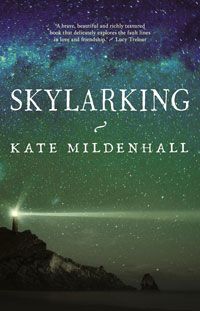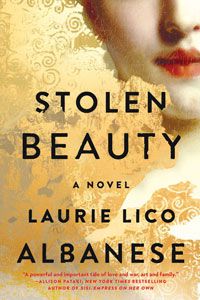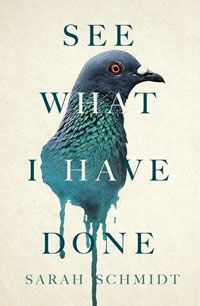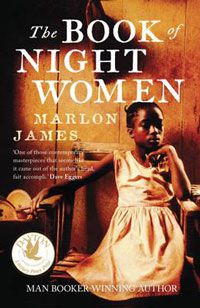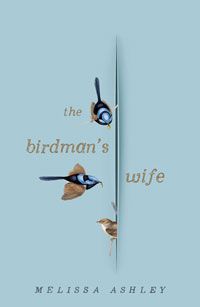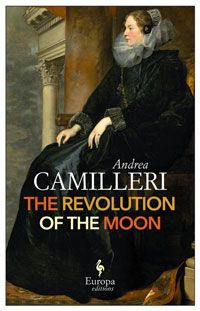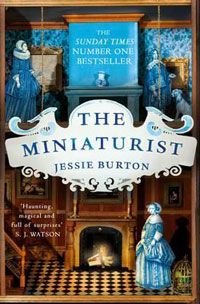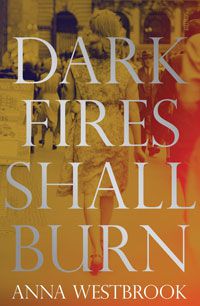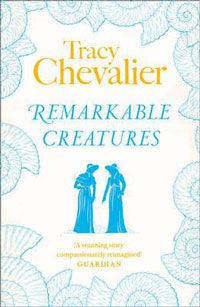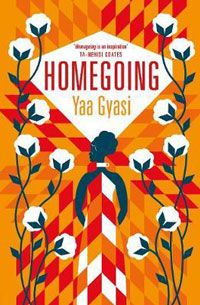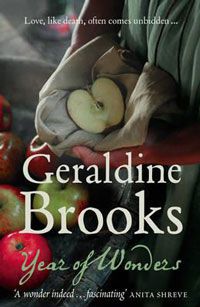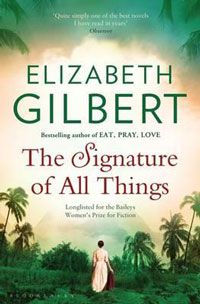Skylarking by Kate Mildenhall
Inspired by a true story, Kate Mildenhall’s debut novel addresses issues around gender identity and sexuality. The book offers a unique perspective into the lives of women in the nineteenth century. Our reviewer says: ‘Kate is a wonderful literary character – chafing against the expectations of her gender in the 1880s, and wondering what is possible for her beyond the roles of wife and mother.’
Stolen Beauty by Laurie Lico Albanese
Stolen Beauty reimagines the true story behind the creation and near destruction of Gustav Klimt’s most recognisable works of art. Beginning in 1900 with Klimt’s model and muse, Adele Bloch-Baue, and leading up to the story of her niece Maria’s experiences during devastation of World War II, this novel brings to life the two strong women who succeeded in the male-dominated societies of their times.
See What I Have Done by Sarah Schmidt
Sarah Schmidt’s debut book examines the story of Lizzie Borden, who was famously charged with murdering her parents in 1892. Taken from the perspective of a number of different perspectives – including Lizzie Borden, her sister Emma, and the family’s Irish maid Bridget – this meticulously researched novel explores the limitations of being a woman in the nineteenth century, and how Lizzie’s gender may have both doomed and saved her.
The Book of Night Women by Marlon James
By the Man Booker-winning author Marlon James, The Book of Night Women is the story of Lilith. Born into slavery on a Jamaican sugar plantation, she is invited to join the Night Women, a clandestine sisterhood conspiring to stage a revolt. As rebellions simmer and unspoken jealousies intensify, Lilith’s unique powers and sense of purpose threaten not just her own destiny, but the destinies of all the slave women in Jamaica.
The Birdman’s Wife by Melissa Ashley
The titular character of The Birdman’s Wife is the British artist artist Elizabeth Gould. Her legacy was eclipsed by the fame of her husband John Gould, even as her work played an essential role in his success. Our reviewer says that this painstakingly researched novel brings ‘a modern, feminist perspective to her examination of Elizabeth’s life’.
The Revolution of the Moon by Andrea Camilleri (translated by Stephen Sartarelli)
At the heart of Andrea Camilleri’s new novel is the imposing real-life figure of Eleonora de Mouras, a highly intelligent and capable woman who came to power in the seventeenth-century Sicily. Mouras’s courage and political vision brought about sweeping change in Palermo before she was cast out in by the conservative city fathers and the Church.
The Miniaturist by Jessie Burton
Set in the Dutch Golden Age of seventeenth-century, The Miniaturist is the story of Nella, an 18-year-old bride who is given a miniature replica of her new home as a wedding gift from her much older husband. Through Nella’s relationship with her prickly new sister-in-law, Burton’s carefully crafted debut novel explores the women’s struggles to define themselves in a society where they have little power.
Dark Fires Shall Burn by Anna Westbrook
Based on the real-life cold case of a young girl who was killed in Newtown in 1946, Dark Fires Shall Burn is the first novel from prize-winning poet Anna Westbrook. This powerful literary crime novel is populated throughout with complex historical figures, including Tilly Devine and Kate Leigh.
Remarkable Creatures by Tracy Chevalier
Tracey Chevalier is best known as the author of Girl with a Pearl Earring. In Remarkable Creatures she presents the story of the palaeontologist, Mary Anning, who – because of her sex – was not permitted to join the Geological Society of London or receive full credit for her remarkable scientific contributions.
Homegoing by Yaa Gyasi
Yaa Gyasi’s acclaimed debut novel offers an unflinching portrayal of the slave trade and its impact across generations. Beginning in 18th-century West Africa it follows the descendants of two sisters; one sold into slavery, the other a slave trader’s wife. Our reviewer says: ‘The prose is compelling and charged with a ferocious emotional intensity. This novel thrillingly reminds me why I ever fell in love with books in the first place.’
Year of Wonders by Geraldine Brooks
In 1666, the villagers of Eyam, Derbyshire made the decision to quarantine their plague-infested village and prevent the contagion from spreading further. Their extraordinary story is vividly depicted through the eyes of shepherdess Anna Frith. Geraldine Brooks’s novel explores love and learning, fear and fanaticism, and the struggle of seventeenth century science against religion.
The Signature of All Things by Elizabeth Gilbert
The Signature of All Things follows the fortunes of the daughter of successful botanical importer, Alma Whittaker, as she comes into her own within the world of plants and science. This novel, from bestselling author Elizabeth Gilbert, is full of real-life historical figures and interesting scientific details including evolutionary theories, languages and printing processes.
Further reading suggestions include…
- Mazin Grace by Dylan Coleman
- Picnic at Hanging Rock by Joan Lindsay
- Alias Grace by Margaret Atwood
- The Paying Guests by Sarah Waters
- The Good People by Hannah Kent
- Kindred by Octavia E. Butler


